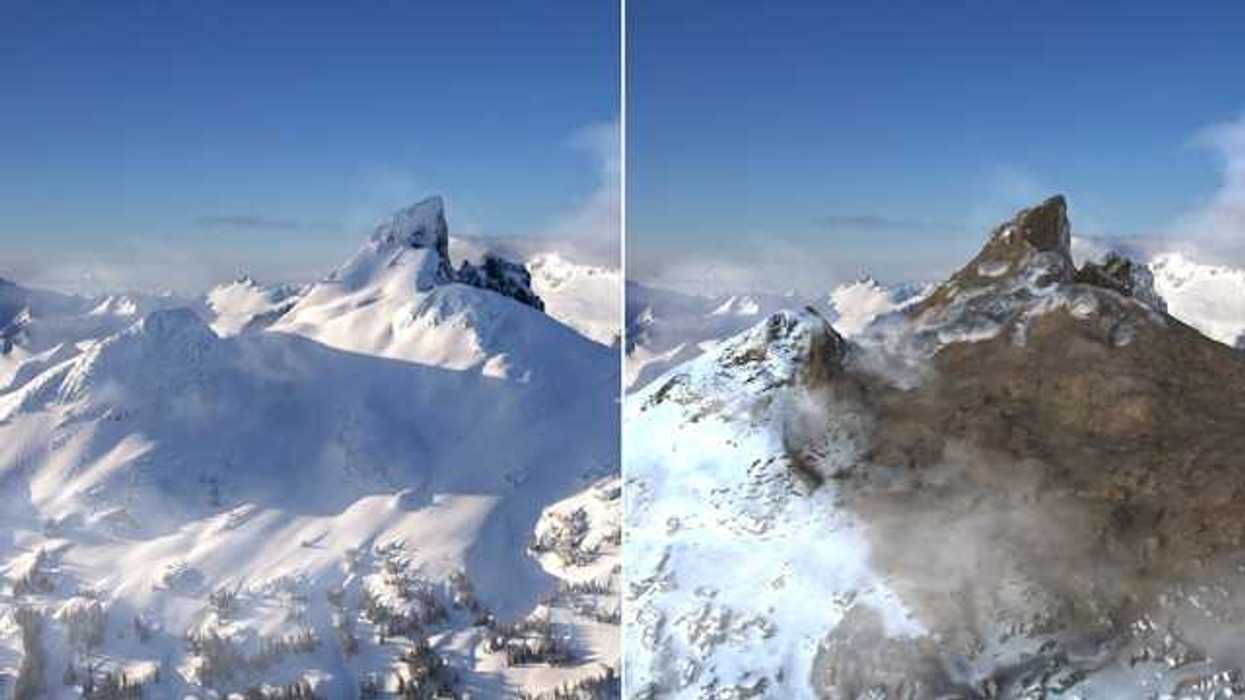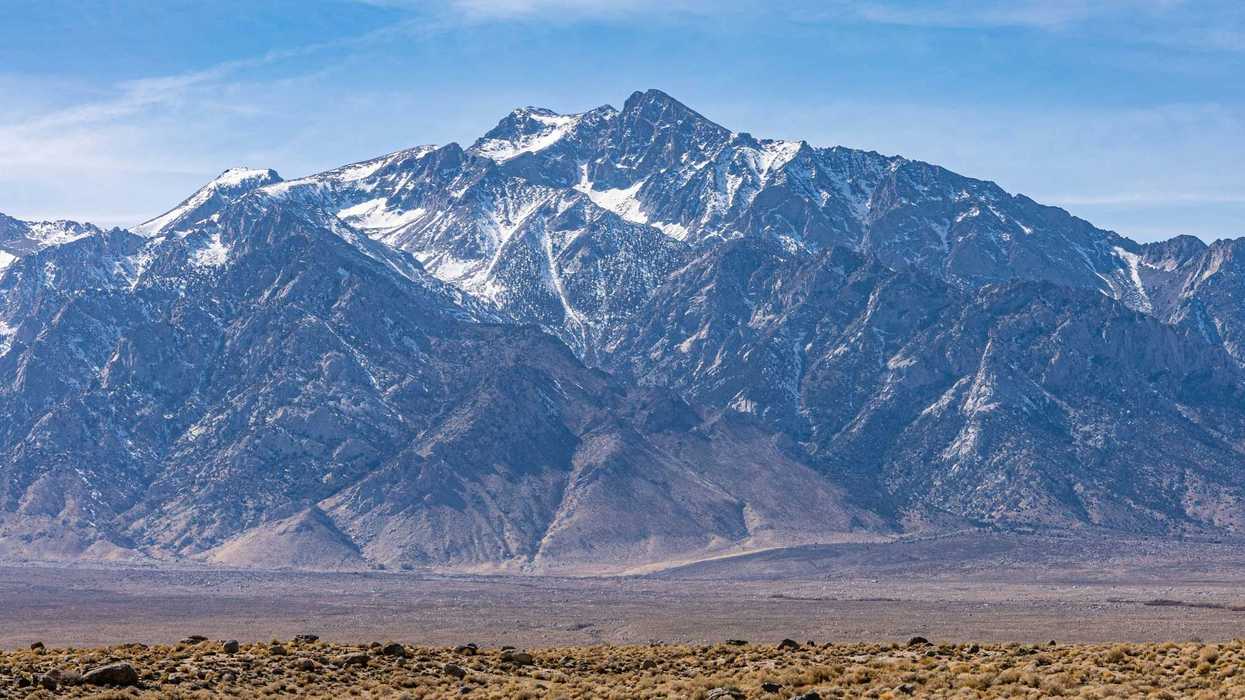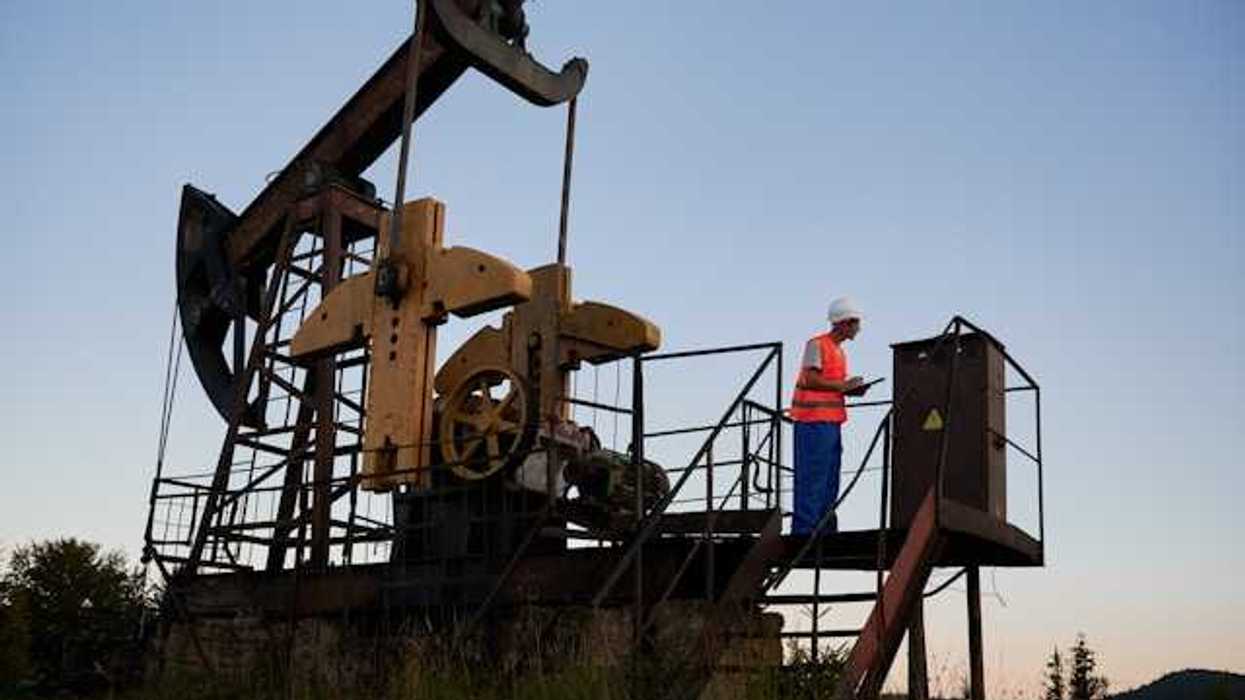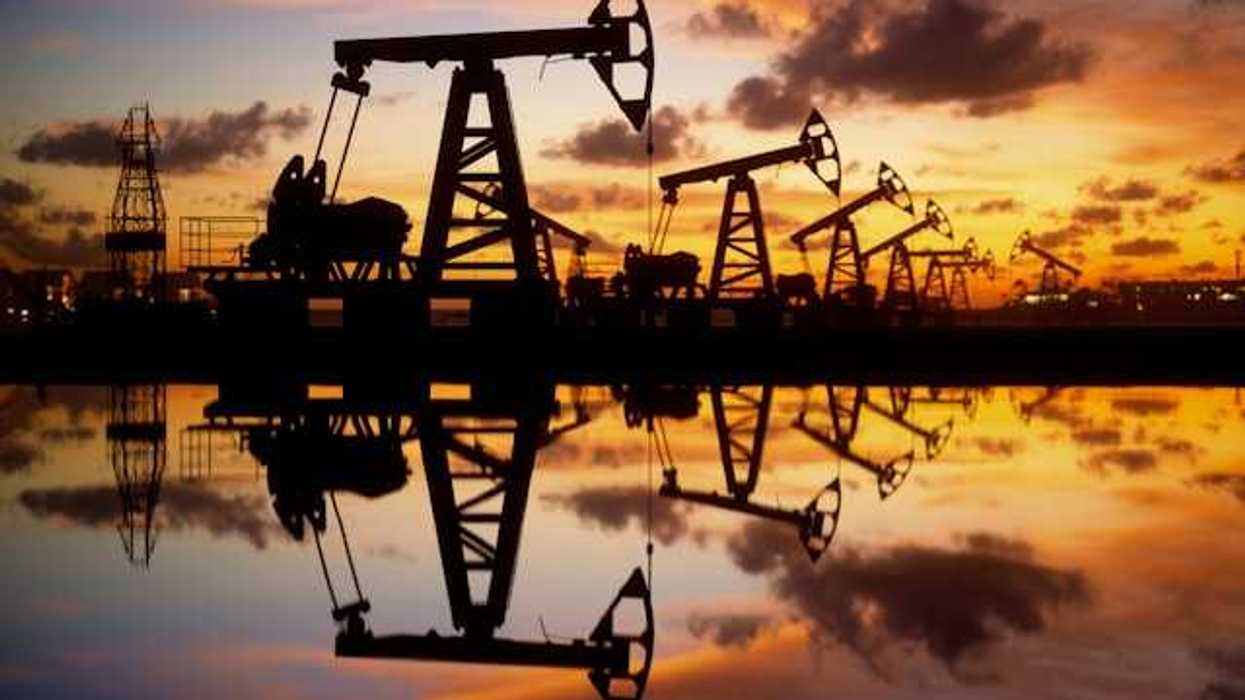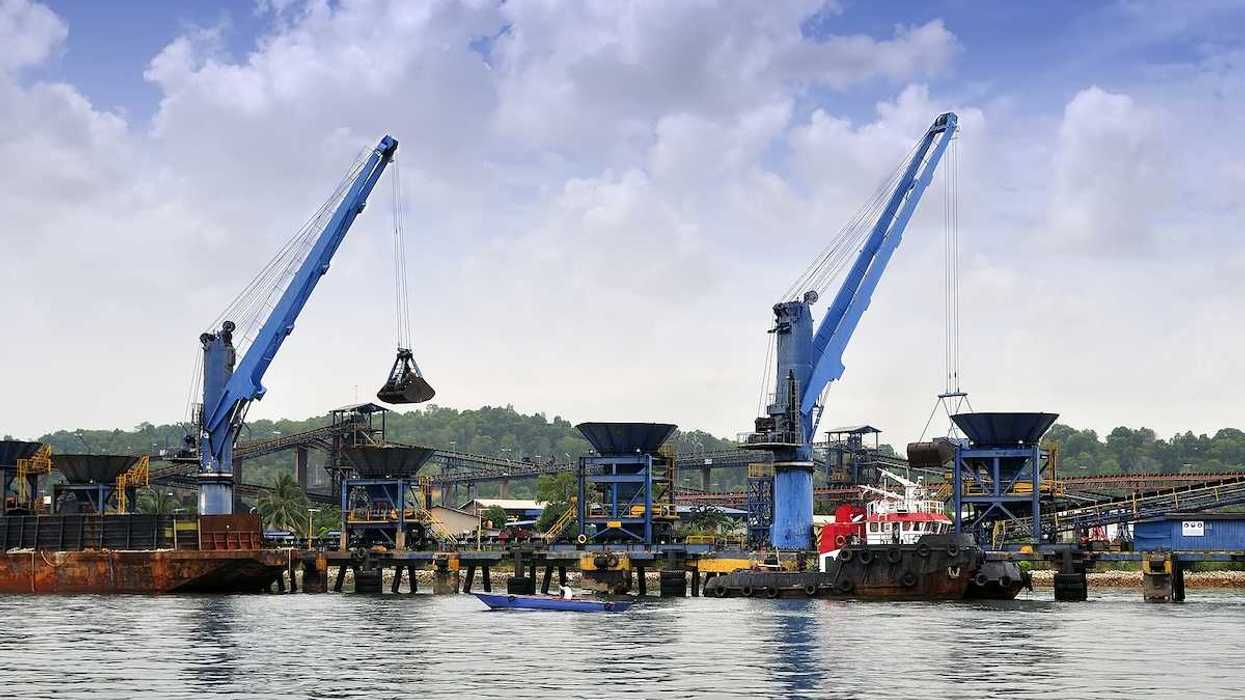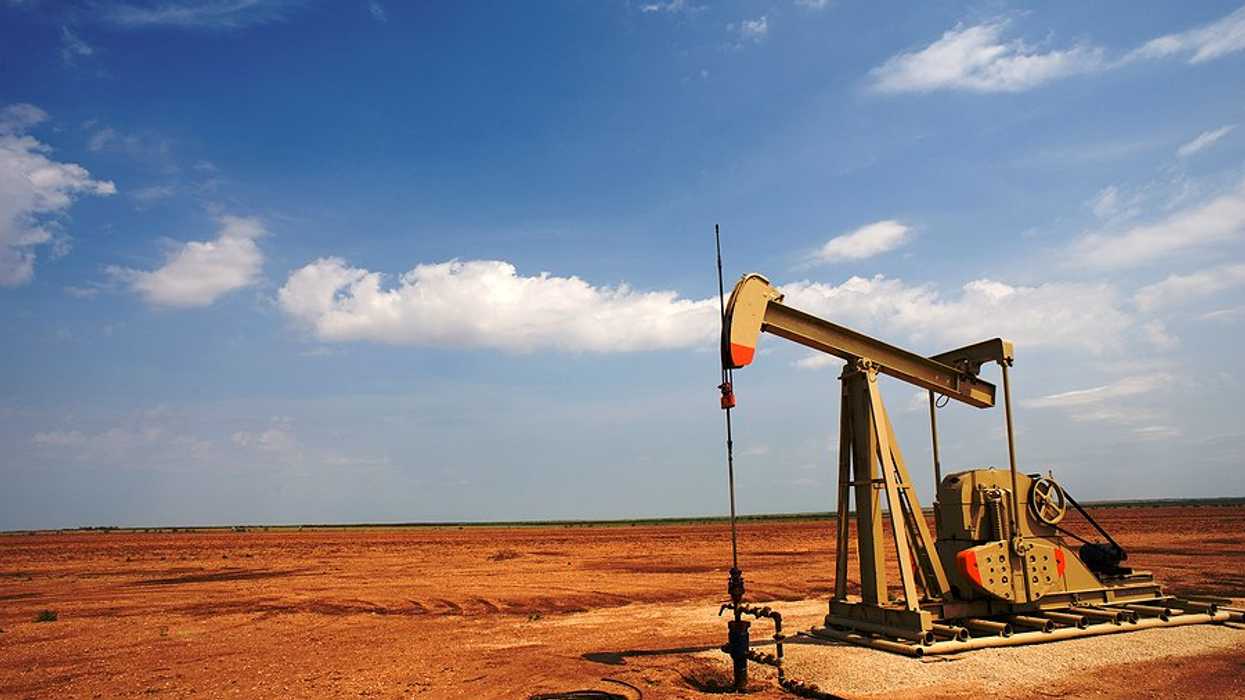Scientists warn that the Thwaites Glacier’s rapid retreat could raise sea levels by up to six feet by 2100, threatening coastal communities and ecosystems.
Bob Berwyn reports for Inside Climate News.
In short:
- The Thwaites Glacier, a keystone for the West Antarctic Ice Sheet, has been retreating for 80 years, with recent acceleration.
- A complete collapse by the 23rd century could raise sea levels dramatically, displacing millions of people in coastal areas.
- Scientists warn of irreversible changes triggered by greenhouse gas emissions, affecting global sea level rise projections.
Key quote:
“It’s really concerning that the latest models are all kind of pointing toward irreversible retreat having been triggered already.”
— James Kirkham, University of Cambridge climate researcher and chief science advisor to the International Cryosphere Climate Initiative
Why this matters:
A major glacier collapse could lead to catastrophic sea level rise, overwhelming cities and ecosystems. The ongoing retreat signals urgent need for climate action to mitigate the worst-case scenario.
Related EHN coverage:




